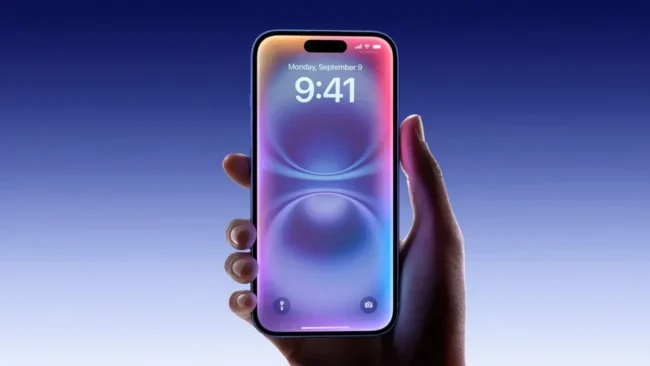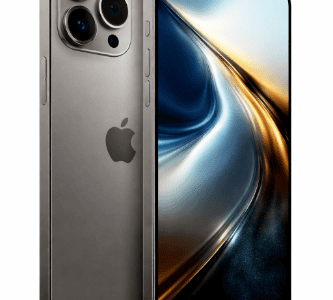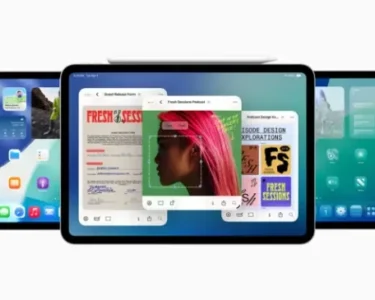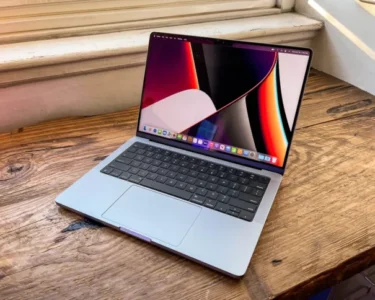Apple Siri AI Delay Explained: Apple Prioritizes Quality Over Deadlines
The Apple Siri AI delay has sparked conversations across the tech world, with Apple’s senior executives providing rare transparency into the company’s development process. At the heart of this delay is a significant challenge: Apple’s next-generation AI-powered Siri features, originally unveiled at WWDC 2024, have now been pushed back to 2026.
Craig Federighi, Apple’s Senior Vice President of Software Engineering, recently offered the most detailed explanation yet in a series of post-WWDC interviews. Speaking to The Wall Street Journal, TechRadar, Tom’s Guide, and YouTuber iJustine, Federighi candidly admitted that the company’s initial approach to enhanced Siri functionality simply didn’t meet Apple’s quality standards.
Siri AI Features Not Ready for Prime Time
The AI-powered upgrade to Siri was meant to revolutionize the voice assistant by enabling personal context awareness, cross-app actions, and intelligent suggestions based on on-screen content. Apple showcased features such as Siri finding podcasts mentioned in messages and completing tasks using “app intents,” offering a glimpse into a smarter, more responsive assistant.
However, behind the scenes, the development wasn’t as smooth as the presentation suggested. According to Federighi, the system worked correctly only around 66% of the time—far below the threshold Apple considers acceptable for a public release. “This just doesn’t work reliably enough to be an Apple product,” Federighi told The Wall Street Journal, underscoring Apple’s commitment to product excellence.
Apple Siri AI Delay Driven by Architectural Challenges
In a joint podcast with TechRadar and Tom’s Guide, Federighi detailed the technical reasons behind the Apple Siri AI delay. Apple had been working on two different architectural versions to power the new Siri. The version demonstrated at WWDC 2024, referred to internally as the “V1 architecture,” showed promise in early stages. However, as development continued, Apple discovered fundamental limitations.
Federighi explained, “We realized that V1 architecture, we could push and push and put in more time, but if we tried to push that out in the state it was going to be in, it would not meet our customer expectations or Apple standards.”
Apple engineers spent months trying to refine the system to support more app intents and deliver more accurate responses. Despite their efforts, the architecture’s limitations prevented Siri from achieving the seamless experience Apple users expect.
Why Apple Delayed Siri AI to 2026
Apple is known for its polished product launches, rarely announcing features it can’t deliver. This makes the Apple Siri AI delay an unusual but telling moment. According to Federighi, the company chose to delay rather than compromise on reliability and performance.
Speaking to iJustine, Federighi reiterated the critical nature of consistency in user experience: “When you ask Siri to do something, it either becomes something you can depend on reliably or something you stop using altogether.”
Apple’s marketing chief Greg Joswiak echoed this sentiment in the WSJ interview. “We never want to disappoint customers,” he said. “But it would’ve been more disappointing to ship something that didn’t hit our quality standard. So we made what we thought was the best decision.”
Apple’s AI Competition and Long-Term Strategy
The Apple Siri AI delay comes at a time when competitors like Google and OpenAI are accelerating their own voice assistant innovations. Still, Apple is staying true to its core philosophy—prioritizing reliability and privacy over speed. Federighi emphasized that the AI assistant market is still evolving, and no company has achieved a truly reliable on-device solution yet.
“When it comes to automating capabilities on devices in a reliable way, no one’s doing it really well right now,” he said. “We wanted to be the first. We wanted to do it best.”
Conclusion: Quality First in Apple’s AI Vision
The delay of Siri’s AI enhancements until 2026 highlights Apple’s unwavering focus on quality. While it may have disappointed some users eager for smarter Siri features, Apple’s decision reflects its long-term commitment to building trustworthy, consistent user experiences. The Apple Siri AI delay is not a failure, but a recalibration to ensure that when the features do arrive, they live up to the high standards Apple is known for.







